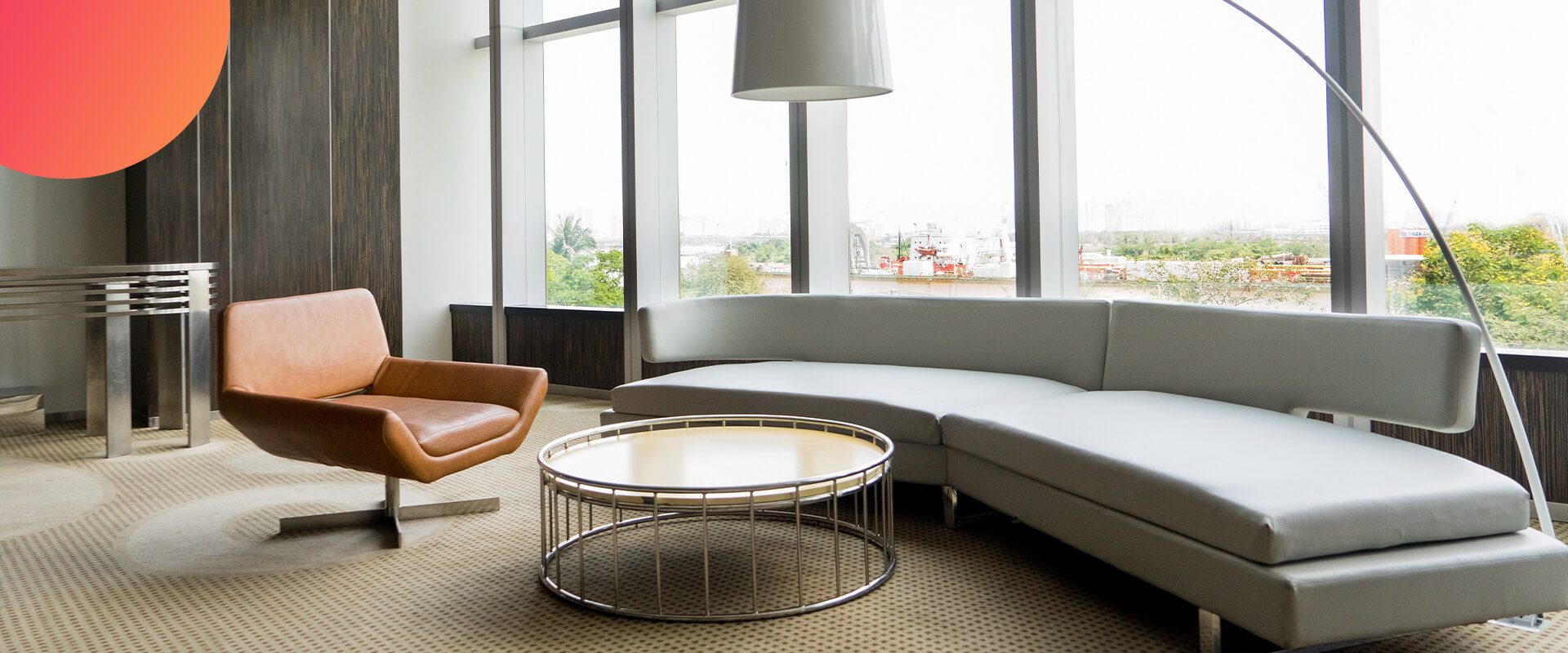
Hybrid Model over Traditional Offices
Since the pandemic, we have seen a fundamental shift in how and where people are working from. Across the corporate world, employee behaviors are starting to shift as they realize the benefits of remote work. A vast majority of employees prefer a hybrid model – meaning they want the option to work remote and in the office both, whether it’s one or four days during a week. But why exactly are employees requesting a hybrid workplace model over a fully remote or in-person approach? Let’s dive deep and find out!
The future of work is collaborative
The preference for a hybrid work model suggests that our time at the office may have become more deliberate, targeted, and collaborative. Many surveys reveal that employees’ primary reasons for coming into the office are socializing and collaboration followed by their individual work. That means the core purpose of the office still persists, but its power as a social and collaborative place remains primary. But those that work in a hybrid model already benefit from the best of both worlds. When compared to employees who are either at the office or their home full-time, employees currently in a hybrid model are more likely to report positive impacts on creativity, colleague relationships, productivity, communicating, and problem solving.
Based on the current scenario, we can clearly see how a hybrid work model is affecting employee behavior. Even though many employees had been working from home since the first Corona-induced lockdown, the majority of workers still see in-person collaboration as being very critical to their jobs.
More and more employees are beginning to prefer a hybrid work model
Let’s look at some of the key reasons why employees are requesting a hybrid work policy.
While many employees prefer returning to office, there are certains sections that would consider quitting if their employers weren’t flexible about remote work.
So, what does this tell us? It suggests that many employees want a choice when it comes to when, where, and how they work. This is cemented by the fact that many workers would be willing to take a pay cut to work from home two or three days a week.
With a hybrid model in place, employees can enjoy the best of both worlds by having the freedom to pick the work environment they want each day. While the attendance policy of different companies may start looking slightly different, the most important part is businesses giving employees the option to start with. Embracing a hybrid work policy will not only address employees’ need for flexibility, but it’s also bound to give organizations a competitive edge when it comes to the labor market.
Every employee requires a different work environment to reach their productivity peak and those needs may change day-to-day. For instance, there may be certain projects that may require employees to work close together as a unit and are more effective in person. On the other hand, there may be days when employees might prefer the convenience of working remotely. A hybrid office model will allow employees to choose the environment they want to work in on a specific day. For instance, some workers may prefer working in the office if they require:
- The ability to collaborate with colleagues in person as a team
- A space to conduct important meetings with customers and clients alike
- Better resources and amenities such as workstations, faster internet, and snacks
- Work-life separation
On other instances, an employee may occasionally prefer some of the advantages of working
from home, such as:
- The flexibility to do personal tasks (running errands, spending time with the family, etc.)
- Time saved from commuting
- Taking a break from the office and working in a comfortable environment
Having the option to choose their preferred setup will allow employees to optimize their productivity and deliver their highest quality of work.
Ever since the pandemic, employees have been forced to work in isolation and didn’t get too many opportunities to connect with their co-workers organically; whether it be casual chatting about their favorite television shows over lunch, water-cooler conversations about matches and fights or merely sharing weekend plans while grabbing a cup of hot coffee from the office cafeteria. Thus has resulted in many people being very eager to rebuild their relationships with colleagues. In fact, many employees have stated that reconnecting with colleagues was what they enjoyed most about being back.
While workplace relationships are essential to cultivate, spending quality time with loved ones at home is also equally important. Studies have shown that having a strong social network of friends and family can have quite a few positive effects on stress, happiness, and well-being. However, it may be challenging to establish this balance if an employee has to commute to and from the office every day of the week.
A hybrid office model will allow employees to cultivate significant relationships in all aspects of their lives. When they’re craving connection with their colleagues, they can simply head into the office for a day of socializing and relationship building. Similarly, if they want to be home to spend time with their partner and children, they can choose to work remotely a few times a week.
The opportunity to rethink the physical workplace arrangement
Ultimately, one thing can be concluded – we have seen a fundamental shift in where and how work happens ever since the pandemic. The longer we work remotely, the more it affects how we work, while simultaneously shaping our future expectations for offices. This proves to be a high time for businesses to rethink the physical workplace arrangement. As we look towards a post-pandemic world, the future of work should support advanced ways of working, newer technologies, and new reasons for coming into the office. This opportunity does raise a range of questions that will be unique to every employer depending on their business and mission, their work model, and finally, their organizational culture.
https://hr.economictimes.indiatimes.com/news/workplace-4-0/office-of-the-future-is- corporate-india-ready-for-hybrid-working/86334205
What is hybrid work and why do employees want it?
https://www.iwgplc.com/MediaCentre/Article/why-employees-prefer-hybrid-working-to-pay- rise


 My Bookings
My Bookings Sign out
Sign out